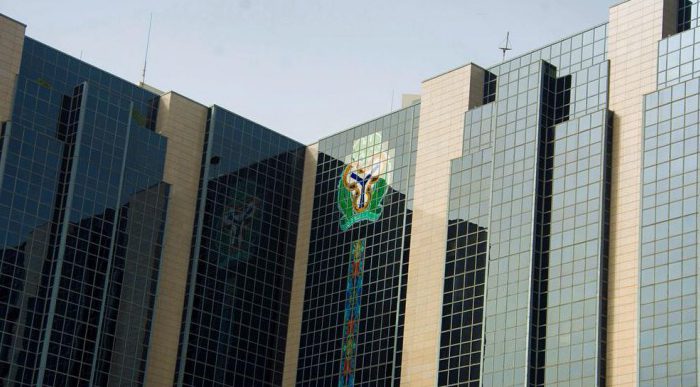The Federal Government of Nigeria has witnessed a 67% growth in its non-oil revenue, reaching approximately N4 trillion quarter-on-quarter, as per the Central Bank of Nigeria’s third-quarter report.
The report indicates a 50.1% increase in the federal government’s collected revenue in the third quarter of 2023. Despite falling 9.5% below the budget benchmark, the improved performance is attributed to higher non-oil receipts, including company income tax, customs and excise duties, value-added tax, production sharing contracts, and the 2023 interim dividend declared by the Nigerian National Petroleum Company Limited (NNPC).

The report highlights non-oil revenue dominating federation revenue at 83%, while oil revenue makes up the remaining 17%. Oil revenue saw a 0.6% increase from the preceding quarter but fell significantly below the target by 66.2%. On the other hand, non-oil revenue, at N3.977 trillion, exceeded the target by 38% and showed a 66.9% increase from the preceding quarter. This surge is attributed to improved economic activities, seasonality in tax returns (especially company income tax), and enhanced efficiency in tax administration.
While the removal of fuel subsidies and the unification of foreign exchange policies have significantly increased revenue to the federation account, concerns have been raised about the transparency of financial gains from fuel subsidy removal and remittances to the federation account by the Nigeria National Petroleum Corporation Limited, according to the World Bank.
The Minister of Finance and Coordinating Minister of the Economy, Wale Edun, disclosed in November that the removal of fuel subsidies had raised monthly Federation revenue to an average of N1 trillion in the last four months, despite inflationary challenges for the citizens.


